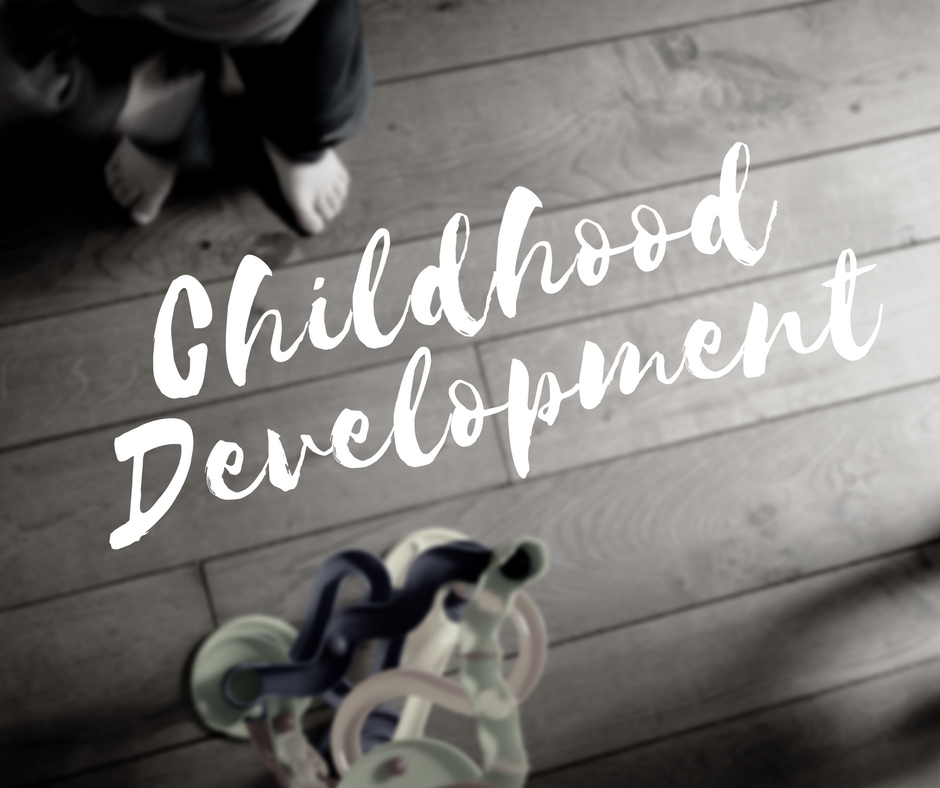A useful summary article about the benefits of music education, particularly for babies, toddlers and younger children, outlining the following benefits and referencing the research:
- Musical development – Your child’s aptitude for learning music is at its strongest from birth to 18 months. Children learn more in this critical 18-month period than in any other 18-month period in their life. The second most important time for musical development in one’s entire life is from 18 months to 5 years old.
- Intellectual development – Music is the only activity or subject matter that actively engages both hemispheres of the brain at the same time. Those who begin studying music before the age of 7 and continue through the teenage years will have an average IQ score of 7.5 points higher than those who don’t study music.
- Language development – Music education advances the early development of the auditory processing network in the brain. This is the network used to make meaning of sounds and learn spoken language. Songs introduce new vocabulary words in rapid succession and in turn significantly boost a child’s working vocabulary.
- Literacy development – Literacy levels have been shown to improve by between one and three grade levels with consistent music education beginning from birth with activities as simple as singing, musical games, listening to music, repeating rhythmical or tonal patterns, and learning an instrument at age 5-7.
- Imagination – Life without music would be bleak. Music opens up an entirely new world to a child. It enables a child to gain insights into himself/herself, others and most importantly life itself. These insights help to develop and sustain a child’s imaginative creativity. Because a child hears and participates in some music every single day, it is to a child’s advantage to understand music as thoroughly as possible.
The writer Kathryn Brunner, has been a music educator for 17 years in the USA, and is also a parent and music business owner

